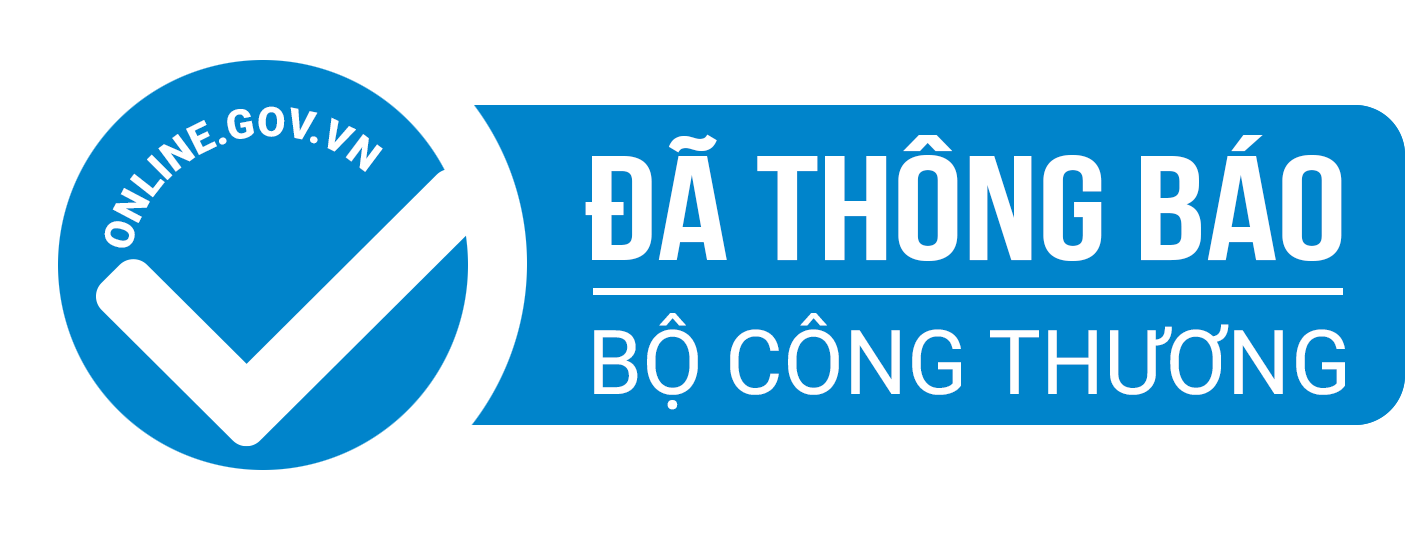Drug Poisoning
Poisoning can result from an overdose of prescribed drugs, or drugs that are bought over the counter. It can also be caused by drug abuse or drug interaction. The effects may vary depending on the type of drug and how it is taken (below). When you call ∗9999 emergency, give as much information as possible. While waiting for help to arrive, look for containers that might help you to identify the drug.
Do not induce vomiting. If the casualty loses consciousness, open the airway and check breathing. You should try to maintain breathing and circulation and call ∗9999 to arrange removal to hospital.
RECOGNIZING THE EFFECTS OF DRUG POISONING
A. Painkillers
- Aspirin (swallowed)
- Upper abdominal pain, nausea and vomiting
- Ringing in the ears
- “Sighing” when breathing
- Confusion and delirium
- Dizziness
- Paracetamol (swallowed)
- Little effect at first, but abdominal pain, nausea and vomiting may develop
- Irreversible liver damage may occur within three days (alcohol and malnourishment increase the risk)
B. Nervous system depressants and tranquilizers
- Barbiturates and benzodiazepines (swallowed)
- Lethargy and sleepiness, leading to unconsciousness
- Shallow breathing
- Weak, irregular or abnormally slow or fast pulse
- Amphetamines (including ecstasy) and LSD (swallowed); Cocaine (inhaled or injected); “Legal highs”
- Small pupils
- Sluggishness and confusion, possibly leading to unconsciousness
- Slow, shallow breathing, which may stop altogether
- Needle marks which may be infected
- Nausea and vomiting
- Headache.
C. Narcotics
- Morphine, heroin (commonly injected)
- Small pupils
- Sluggishness and confusion, possibly leading to unconsciousness
- Slow, shallow breathing, which may stop altogether
- Needle marks which may be infected
- Nausea and vomiting
- Headaches
D. Solvents
- Glue, lighter fuel (inhaled)
- Hallucinations
- Possibly, unconsciousness
- Rarely, cardiac arrest
E. Anesthetic Ketamine
- Ketamine
- Drowsiness
- Shallow breathing
- Hallucinations
- If the casualty is conscious, help him into a comfortable position and ask him what he has taken. Reassure him while you talk to him.
- Call ∗9999 for emergency help. Tell ambulance control you suspect drug poisoning. Monitor and record casualty’s vital signs while waiting for help to arrive.
- Keep samples of any vomited material. Look for evidence that helps identify the drug, such as empty containers. Give evidence or samples to the ambulance personnel.


